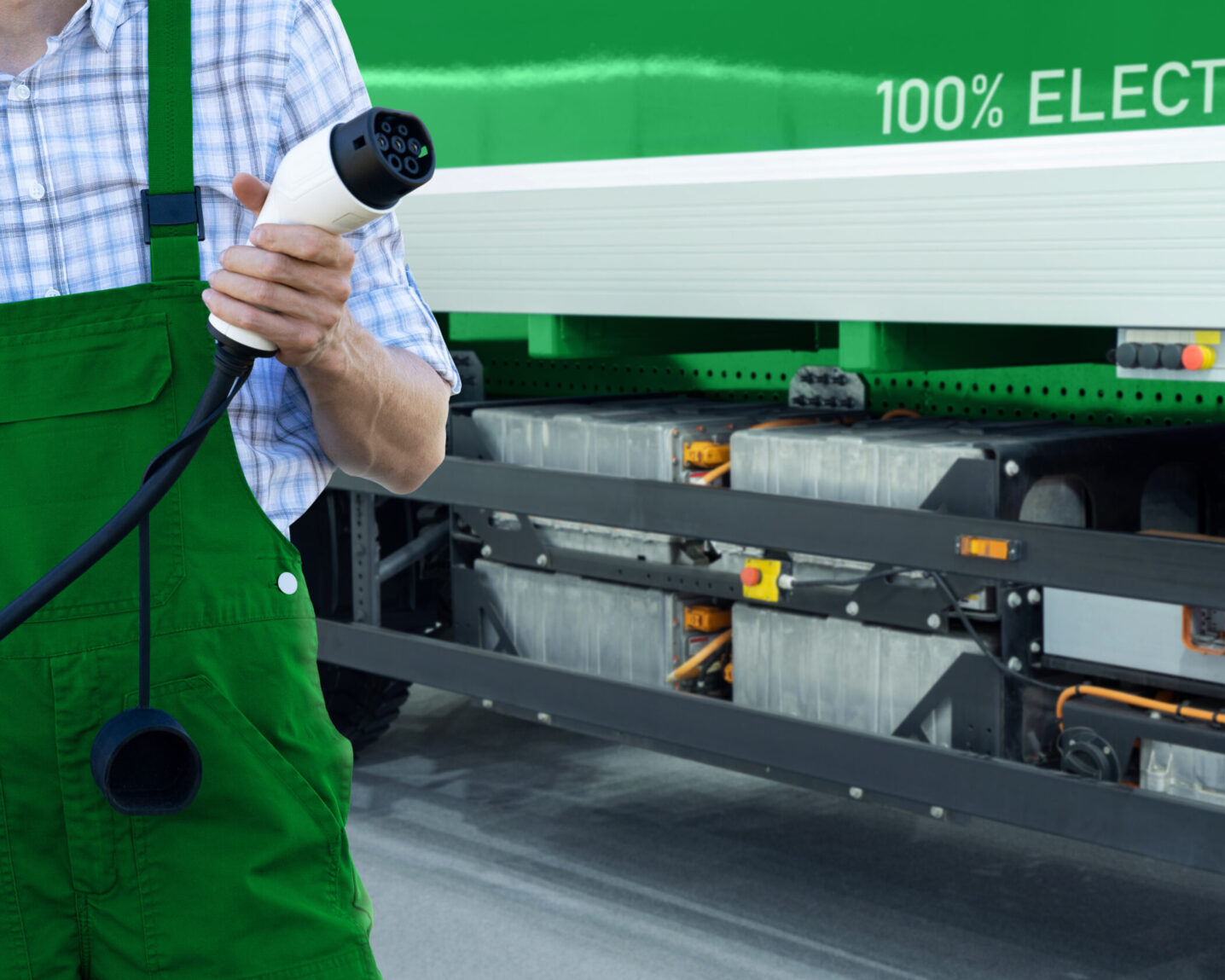Emission free urban distribution in Flanders
Starting in 2027, Flemish cities may introduce zero-emission zones (ZES) for urban logistics. Rebel is playing a key role in reaching an agreement between the Flemish government, sector federations and cities. With a study and an intensive stakeholder process, we support the government for three years in shaping this measure.

The challenge
The Flemish Government wishes to make it possible to introduce zero-emission zones for urban logistics (ZES) in Flemish (center) cities. The goal is to achieve uniform regulations that are the same for all cities. At the start of the assignment, however, there is no understanding of the size of freight flows in Flemish cities or the impact that the introduction of a ZES would have on the fleet and charging infrastructure. Finally, there should also be an agreement on the level of ambition for this ZES: which rules should apply from which year?
The approach
Together with The New Drive and the Vrije Universiteit Brussel (VUB), we are taking up the challenge to make an analysis of zero-emission urban distribution in Flanders and then reach an agreement with all relevant stakeholders on how cities can introduce a zero-emission zone for urban logistics (ZES).
Study phase
During the study phase, we examine different elements of urban distribution in Flemish cities: we map all relevant stakeholders, map the flows of goods per type of sector and vehicle type, make an overview of available vehicles and examine the Total Cost of Ownership (TCO) of the current and future (zero-emission) vehicle fleet. We also study the possible size of the ZES and ways to maintain it.
To analyze current urban distribution, we use our Digital Platform for City Logistics and apply it to three research cities: Leuven, Kortrijk and Antwerp. We create a “logistics picture” for them that gives more insight into the flow of goods in these cities.
Based on the study results, we determine different levels of ambition: which vehicle types can be emission-free from a certain year onwards under which preconditions?
Stakeholder process
This is followed by an intensive and constructive stakeholder process lasting six months, in which we supervise four different working groups to reach agreement on how cities can introduce a ZES. These working groups will discuss, among other things, the level of ambition, the zero-emission vehicle fleet, the required charging infrastructure, enforcement and the supporting policy (including subsidies for vehicles and charging infrastructure). The outcome will be written down in a framework agreement. As many as 19 stakeholders (mainly sector federations representing an entire sector) sign this agreement.
Impact
The study led to an agreement between the Flemish Government, cities and sector federations on the principles of a ZES in Flanders.



